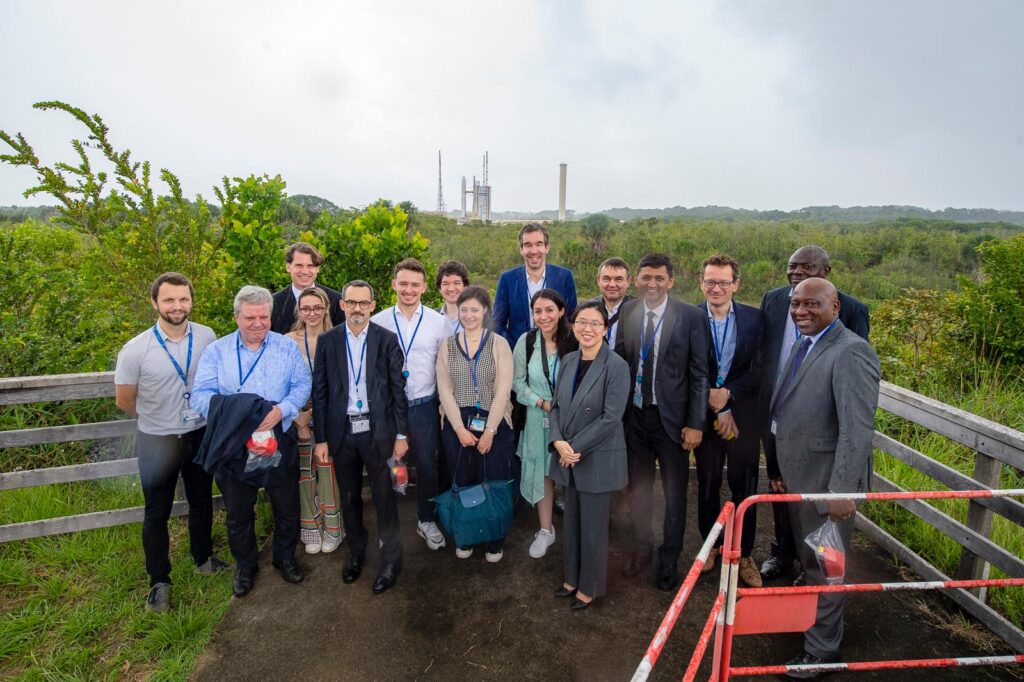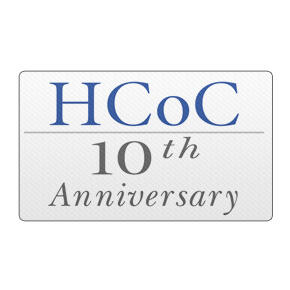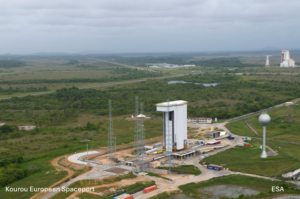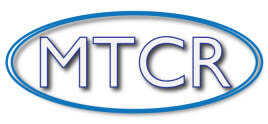Visit of the Guyanese Space Centre (CSG)
13-16 December 2022
On 13-16 December, as part of the European Union’s decision to support HCoC, the FRS organised a visit to Europe’s spaceport in Kourou (French Guiana), in close cooperation with the French National Centre for Space Studies (CNES) and the French authorities in French Guiana.
Representatives from Brazil, Chile, Côte d’Ivoire, the Czech Republic, the Democratic Republic of Congo, the Netherlands and the Republic of Korea took part in this 4-day visit. This delegation included representatives from subscribing states as well as non-subscribing states in order to encourage discussions on ways to promote the universalization of the Code. While some participants came from established space-faring nations, others represented countries with budding space ambitions and were interested in knowing more about how the Code aims at curbing the proliferation of missiles while at the same time enabling the peaceful use of space. Officials from the European External Action Service and the European Commission also brought their expertise to the event.
The agenda consisted in a series of presentations on the HCoC and on sites visits, including the ground station on the Montagne aux Pères, the Jupiter control room and the Ariane V and Vega launcher installation sites. Representatives from the CNES briefed the participants on the various activities conducted on the Centre and emphasised the evolutions observed on the space sector and the way the spaceport is anticipating them. On 13 December 2022, participants attended the launch of Ariane V (flight 259).
This activity was a concrete way to implement transparency measures as provided for in the Code: “Subscribing States « consider, on a voluntary basis (including on the degree of access permitted), inviting international observers to their land (test-) launch sites » (article 4 ii)”
During the French Chairmanship of the Code, in 2011, an invitation to the CSG had already been extended to international observers and the visit had been organised by FRS. Norway and Japan also implemented this provision of the Code, respectively with a visit of the Andøya Rocket Range in 2004 and the JAXA Tanegashima Space Center in 2005.



